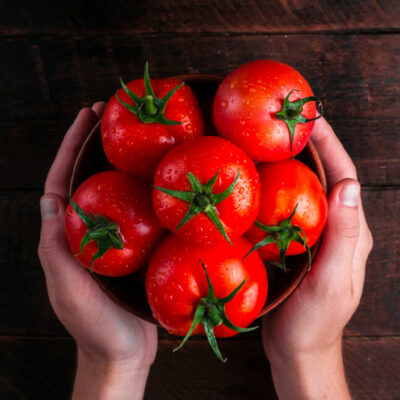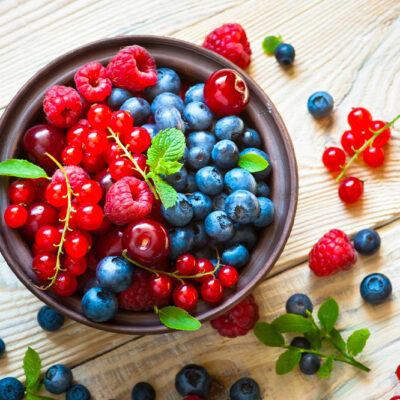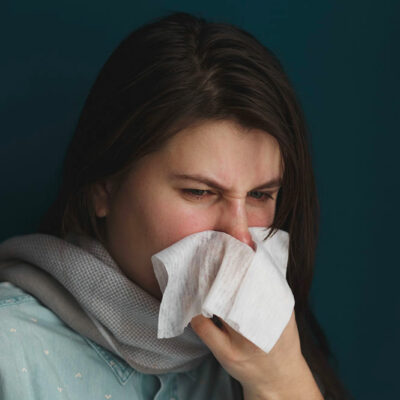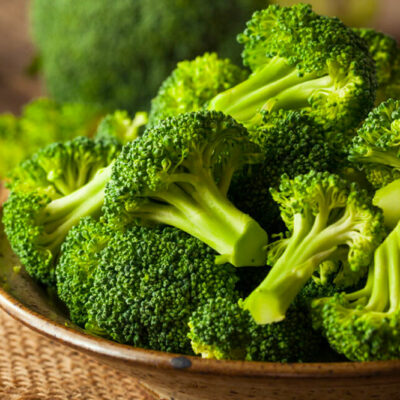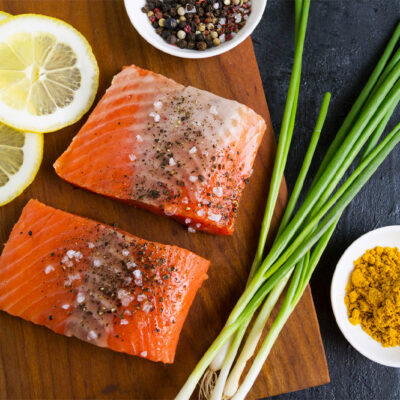
Top 10 foods for glowing skin
When it comes to skin health, beauty indeed starts from within. Improvement in health can ensure aid in one’s skin care efforts and refine their appearance. Most experts recommend a nutritious and balanced meal for better skin as nutrient-dense foods can help prevent skin problems and damage. This can help people get one step closer to achieving flawless and glowing skin. So, here are the best foods to have for healthy and beautiful skin: The link between skin and food choices While it is difficult to define glow in precise terms, glowing skin can be characterized as one that is evenly toned, hydrated, has a smooth texture, is not inflamed, and is neither too dry nor too oily. Nutritious and balanced meals can help you get glowing skin as what you eat and avoid directly impacts the skin. A good skin care regimen includes having the right foods to provide adequate nourishment and hydration to the skin. Some fruits and vegetables can also help fight various problems like acne, dark spots, and allergies. Foods rich in vitamins A, C, D, and E, collagen, and omega-3 fatty acids are crucial for healthy skin. Best foods to have Walnuts Walnuts offer multiple skin care benefits.
Read More 